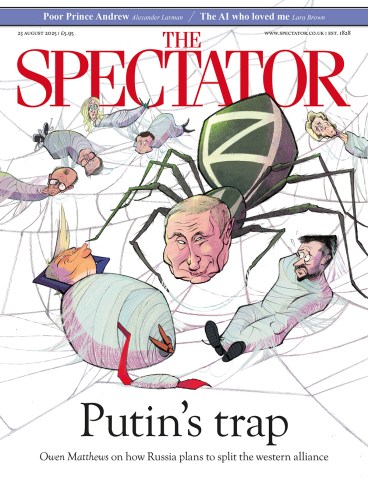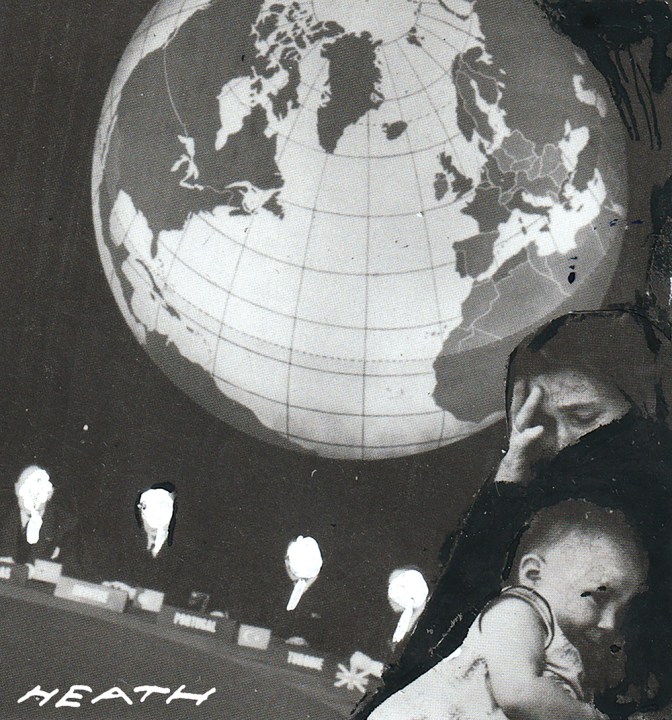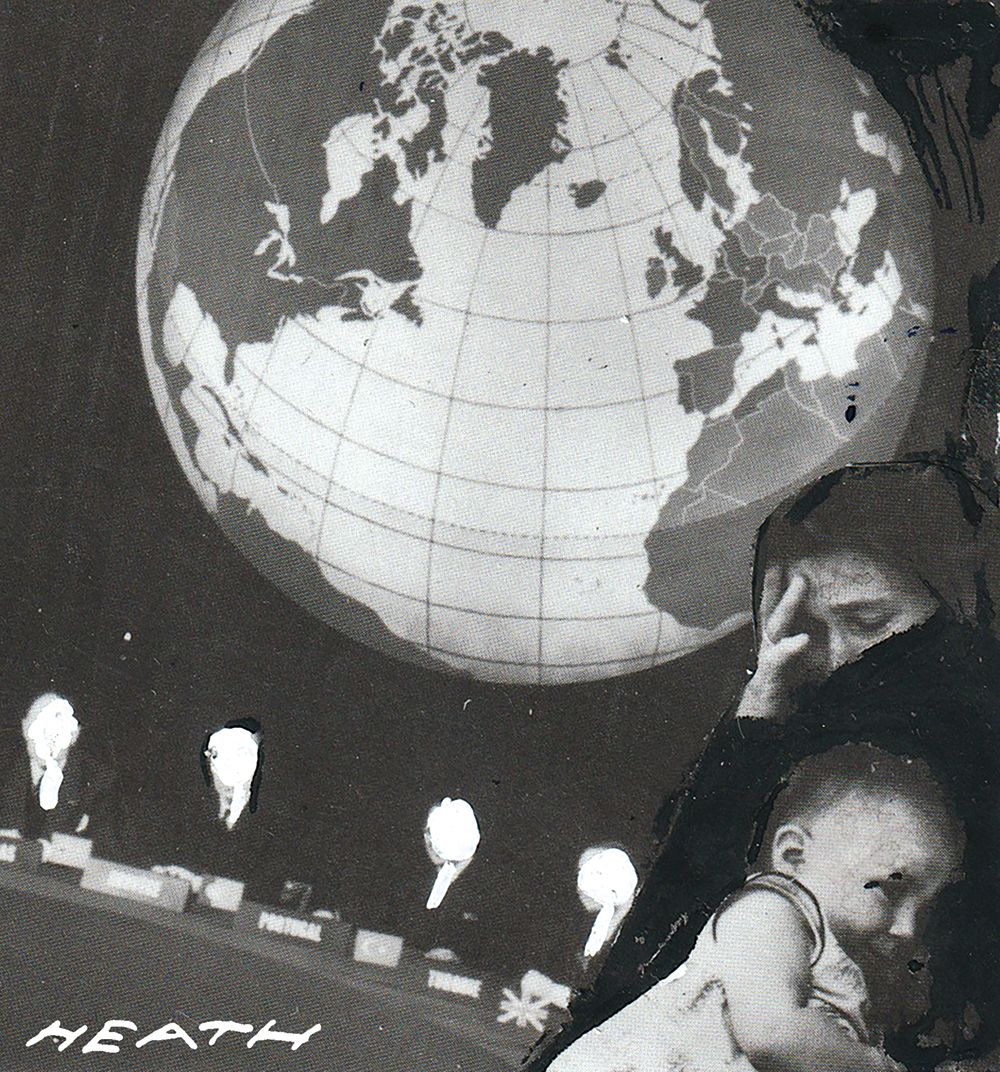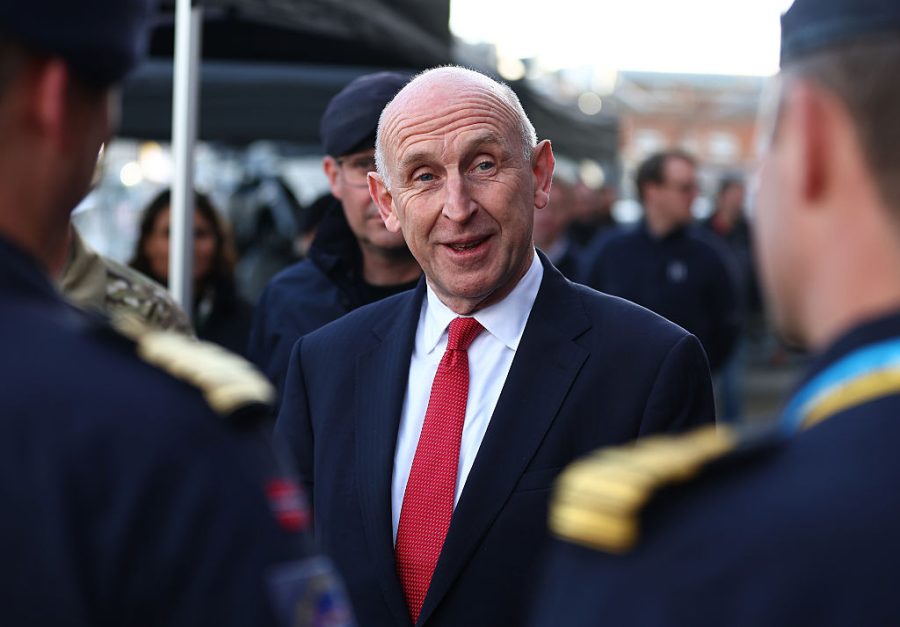
It is 43˚C in Erbil, which a friend here describes as ‘cool’. Unlike my first visit in 2015, when Isis was just a few miles from the airport, the flight in was smooth. The plane this time was full of Iraqis and Kurds, mainly those who have emigrated, returning to visit their families. Ten years ago, the plane was empty apart from a few American contractors in fatigues and one lone priest. The descent then was rapid, to avoid Isis missiles.
Erbil is the capital of the north-east Kurdish region of Iraq. After the 2003 invasion, the Kurds were given greater autonomy but since then they’ve found themselves fighting Isis, Iraqi armed forces and even each other. The capital is filled with unfinished skyscrapers; the oil bust and then the emergence of Isis in 2014 meant that all projects were stopped. Those empty buildings became shelter for the thousands of Christians and Yazidis who were driven out of their homes by the jihadis. The Kurds offered them safety and the Church fed them while the UN, with its expensive SUVs, was mostly hidden from city life behind a large wall. It did nothing during those Isis days apart from running up large bills at the most expensive hotels.
Now building work is starting again. Many of these construction sites are part of money-laundering schemes, run by local politicians and in particular Turkish criminals. There is a curious relationship between the government of Iraqi Kurdistan and Turkey. While Ankara attempts to eradicate Kurdish nationalism in its own country, it seems to have developed a good relationship with the Barzani-led regime in Erbil. In some areas, their interests align. Turkey wants oil, to sell goods to the region and help in putting down the regime’s rival Kurdish militia, who also happen to be fighting the Turks on their own soil. The Islamic world is a land of both fierce ideology and easy pragmatism.
We are here to install a shrine. It will be the seventh in the world for persecuted Christians and the first to be built in a place liberated from Isis. The shrine is an icon of Mary, Mother of the Persecuted, to be placed in the brand new church of St Ephraim. The Syriac Catholic archbishop who receives the icon is bravely speaking out against the domination of the militias, particularly the notorious ‘Babylon Brigade’ run by the US-sanctioned Rayan al-Kildani. The Babylon Brigade is a nominally Christian militia now fully absorbed into the Shia militia run by Iran. They are known for cutting the ears from their detainees.
To Nineveh, the ancient Christian homeland, where disciples of Christ, and some say St Thomas the Apostle, founded the Church. Jonah emerged from the belly of the whale to call the people of the city of Nineveh to repentance. His tomb in what is now called Mosul was blown up when Al-Baghdadi declared a caliphate from the great mosque. Since the emergence of Islam, the population has endured waves of persecution. After the allied invasion in 2003 and the downfall of Saddam Hussein, the persecution, kidnappings and killings began in earnest, with Isis being only the most extreme version.
Three checkpoints have to be negotiated to enter the Nineveh plain: first the Kurds, then the official Iraqi army, and finally the Iran-backed Shia militias. Officially, the plain is described as ‘disputed territory’ between the Kurdish government and the government of Iraq. Christians don’t dispute the territory. They point to their dead and the absence of Kurdish cemeteries. It’s a good rule of thumb: the more ancient the graveyard, the more authentic the claim to ownership of the land.
I am not able to go into Mosul, where I have been three times before. The Shia militias are enraged by the American and Israeli attacks on Iran and are looking for foreigners to kidnap, both for revenge and money. The city lost most of its Christian population well before Isis arrived. There are now only about ten Christian families still living there, and one priest.
As I enter the town of Bartella, I see billboards portraying ayatollahs, General Soleimani and Hassan Nasrallah of Hezbollah. This town was formerly an Christian enclave but is now dominated by the militias. The men in these billboards are dead, killed ‘like dogs’, according to Donald Trump. It seems like occupied territory, I say to the parish priest. Iraq does not exist, he tells me: it is ‘a country run by thieves’ and controlled by Iran. Trump, he says, can deal with the problem in five minutes, which may or may not include a few individuals receiving the same fate as those dogs.
The final stop is Qaraqosh, the largest Christian city in Iraq. As Isis advanced on the night of 6 August 2014, the population fled the city. Now around 40 per cent of the Christian population has returned. They are the ‘strongest of the strong’, the priest tells me. It is here that we are building our shrine. My charity, Nasarean, is trying to help Christians here by providing funding for their small family businesses. We hope that by doing so, the native Christian population will stay, resist emigration and build a future. Despite the militia flags fluttering everywhere, there is hope. Speaking in Aramaic, the language of Jesus, everyone says the same thing: they must stay, whatever the challenges – it is their land, their history and their faith.








Comments